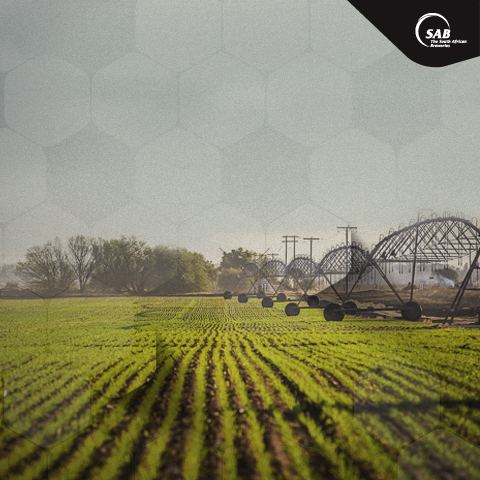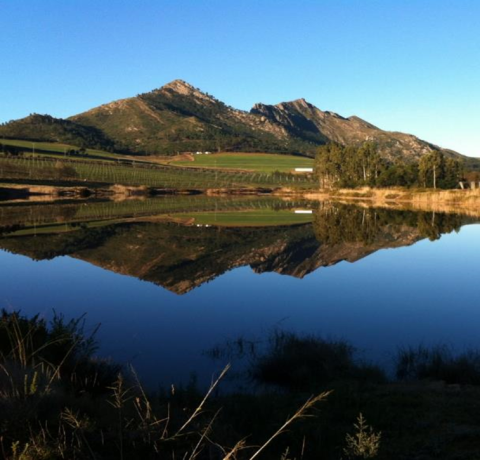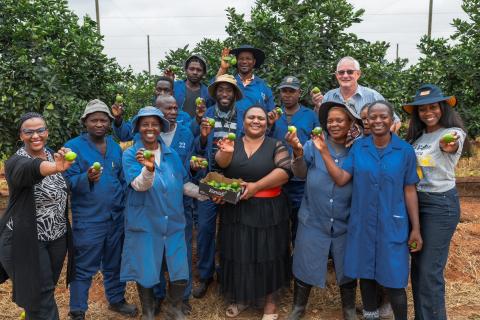
The SAB Go-Farming initiative enables previously disadvantaged farmers to create self-sustaining businesses, while also supplying SAB with raw materials.
When you think of sustainable agriculture, you generally think of the environment and farming in ways to best protect the Earth and her natural resources. But the SAB Go-Farming initiative has taken this one step further by including local farmers in their plans to supply new plants with essential raw materials. By enabling farmers to elevate their businesses to levels that become self-sustainable, SAB are in turn creating a strong supply chain for malt and barley; a symbiotic relationship that delivers rewards for everyone.
Jacobsdal Pilot Project
SAB Go-Farming sustainable farming project empowers local farmers to create self-sustaining businesses for themselves, at the same time as creating a strong supply chain for malt and barley. 50km north of Kimberley in the Western Cape, you’ll find Jacobsdal, a small town with great potential in terms of barley farming. Two local emerging farmers - Norman Cornellissen and Raggie (pronounced Reggie) Sibly - have become involved in the pilot Go-Farming project, under the guidance of Frikkie Lubbe, SAB’s Kimberley-based agriculturalist. Frikkie is there to offer his support and advice and to oversee that the project runs smoothly.
SAB assists from the point of inception with soil analysis and upgrades, proceeding then to fertiliser recommendations and water monitoring. Optimal planting times are calculated and comprehensive assessments are carried out throughout the process to ensure that everything is on track. SAB also help with full reporting, research and development and full evaluations of the chain from seed to delivery to the silos. This pilot project is intriguing other local and previously disadvantaged farmers, hopefully enticing them to get involved too, especially since there is minimal risk for them.
As per Frikkie, “The farmers in the area are very interested in the trial phase as there’s no risk for them during their first year of harvest. In the trial phase, SAB guarantees that the farmers will be no worse off growing barley than they would be growing wheat.” SAB also helps the farmers get crop insurance to keep them guarded in case of natural disasters, flood or drought.
The two farmers involved in the Jacobsdal pilot are rotating barley with their other crops of maize, wheat and soya beans, and have found barley to be a great rotation crop. They’re also enthusiastic about being able to meet the targets as set by SAB and feel that this trial run will only lead to bigger and better things for everyone.



